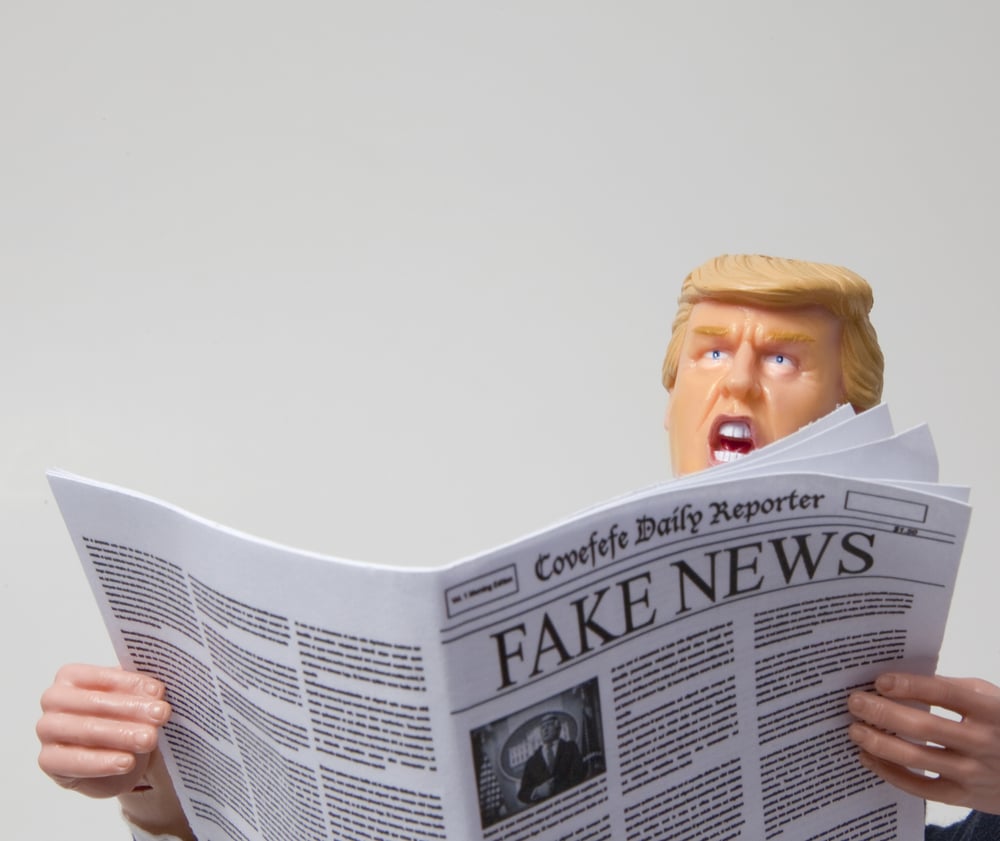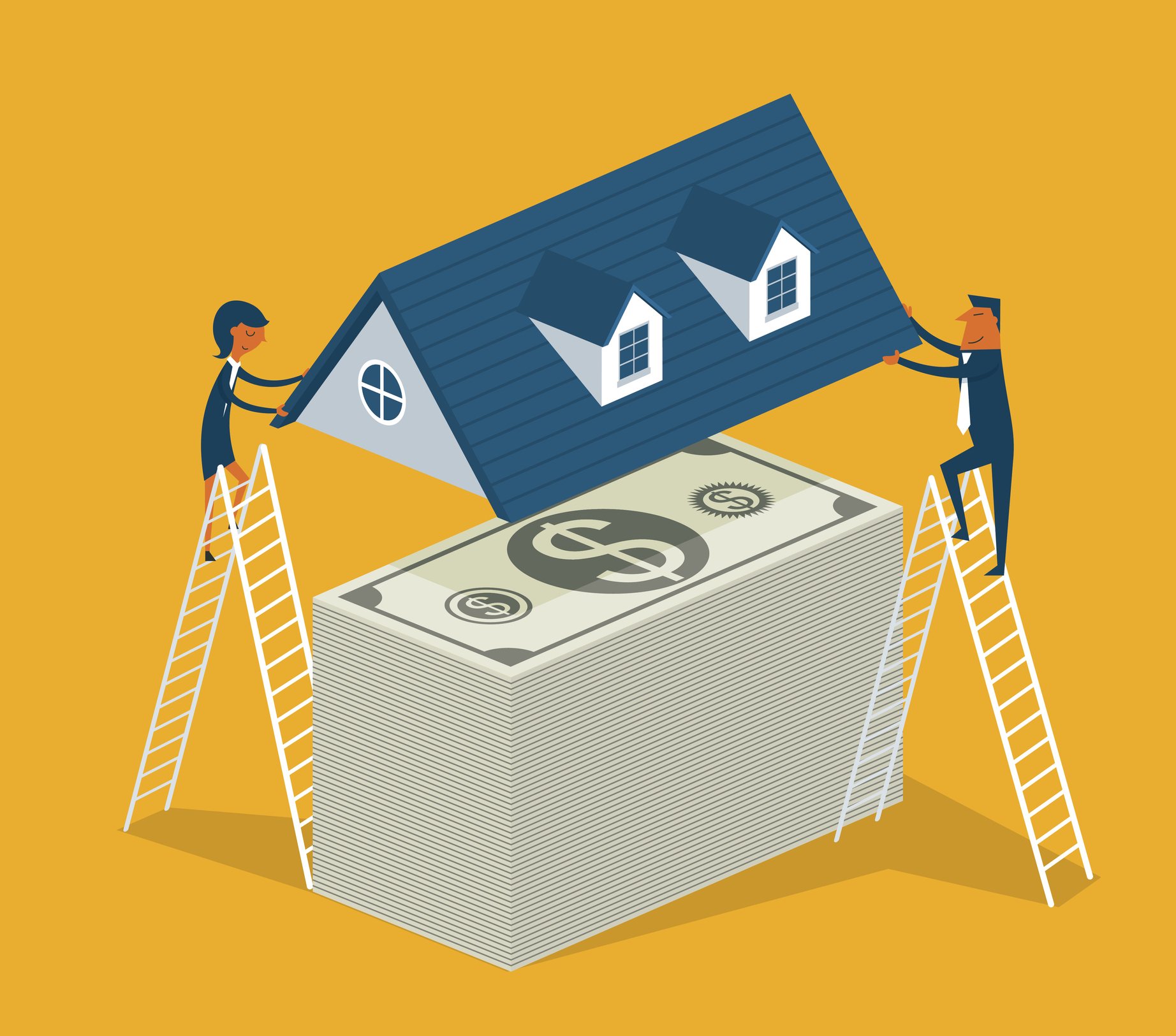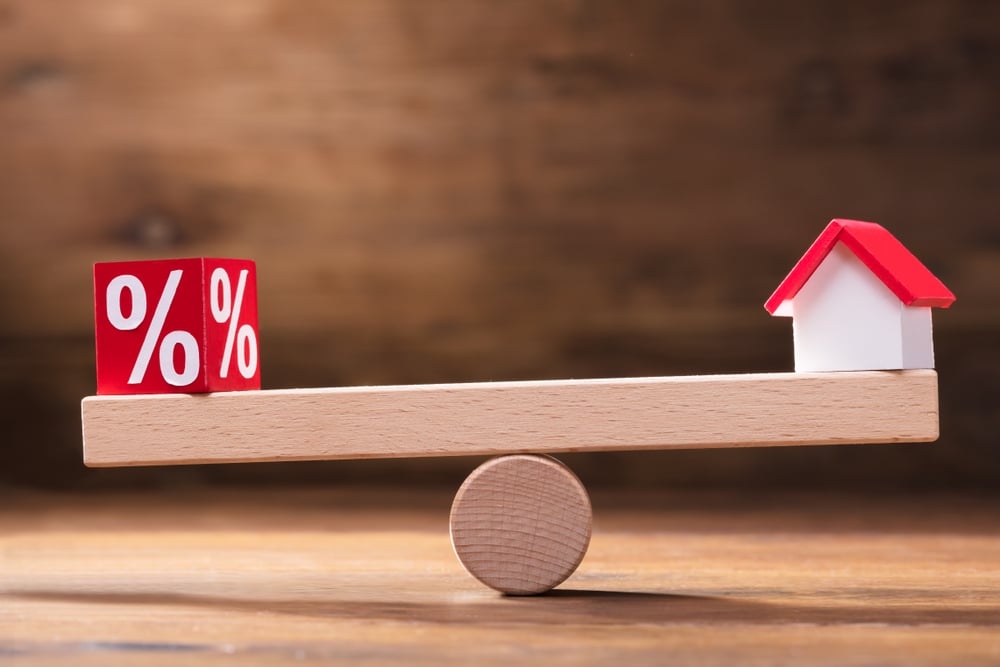We’re nearing that time of year – when your relatives start asking when you’re getting married, and your mental stability is strained by every shop blasting Gong Xi Ni. That’s also the time of year when many of you consider looking for a private property, either to upgrade or as your first home. But given the economic situation, is 2020 the right year to “go private”? The answer gets complicated:
The property market in 2020 is different from anything we’ve seen in the past decade
If you had told someone in 2010 that they could someday buy condos in Bugis for $1.38 million, or that we’d have a massive 32,000 home supply glut but prices aren’t tanking, they would have have said “ha, sure, and Donald Trump will become President of the US”.
My point is, a lot of things haven’t gone quite as planned this year; even the things that were foreseen to some extent (like the supply glut from the 2017/18 en-bloc fever) have manifested in pretty unpredictable ways. So that the rest of this article makes sense, here are some wider issues you need to grasp:
- The same en-bloc fever that caused the supply glut is also preventing prices from plummeting
- Expensive properties aren’t doing too well, but really super expensive properties are
- We may be seeing a cartoonishly huge mob of upgraders in 2020 to 2021
- A weak economic outlook makes us worry if we can afford our homes, while at the same time making our homes more affordable
1. The same en-bloc fever that caused the supply glut is also preventing prices from plummeting
At present, we have some 32,000 odd unsold homes to clear. The general consensus is that – at the present volume of transactions – we should clear up this glut by about 2024 or 2025. That’s a long time and a lot of unsold homes, which should send prices tumbling. But that isn’t happening for one simple reason:
Developers paid insane prices for land during the collective sales fever. Back then, I pointed out that Chinese developers with deep pockets were happy to pay huge sums, and prompt aggressive bids from local counterparts as well. Land at the time was at a 29 per cent premium compared to 2015.
The same year, I pointed that we also saw the biggest spike in Development Charges (DCs) in around 10 years, which further raised costs to developers.
So the supply glut today – which was caused by the over-eager buying in 2017/18 – means we have a lot of unsold homes, that were also expensive for developers to build. Given the already thin margins for developers, there just isn’t much room for further discounts.
2. Expensive properties aren’t doing too well, but really super expensive properties are
Expensive properties (those reaching the $3 million mark) are hard to move when investors are cautious, and bracing for a downturn. But ironically, the same downturn is helping properties that are not expensive, but very expensive.
Sale of super-lux units, such as those priced at $10 million or above, spiked to an 11-year high in 2019. Firstly because if you’re Chinese, very wealthy, and don’t know where the economy is headed, you’ll want a safer place to park your cash besides just the mainland.
Second – and this is open to debate – some believe that such super-lux properties, being rare and one-of-a-kind, are more likely to hold their value even in turbulent markets. A historic conserved bungalow, for example, isn’t threatened by things like “supply overhang” given that zero new ones are built per year.
On top of that, Singapore real estate is often viewed as (1) assets in a stable country friendly to foreign investment, and (2) prestigious enough to meet their Crazy Rich Asian lifestyle. Hence, the same economic turmoil that’s making us cut out NTUC coupons is also drawing rich (mainly Chinese) buyers back to our real estate market.
According to the logic of trickle-down economics, this should miraculously result in us being able to afford our flat mortgages or something. Go celebrate with your coupons.
3. We may be seeing a cartoonishly huge mob of upgraders in 2020 to 2021
So during the last property peak in 2013, a portion of buyers upgraded from their HDB flats to private homes after their Minimum Occupancy Period (MOP). Not everyone upgrades right after their MOP of course, but it’s not an uncommon move that adds to demand for private housing.
Now, you know how many flats reached their MOP between 2013 to 2014? About 9,000.
You know how many flats are reaching their MOP between this year to 2021? About 50,000.
Now assuming they’re not all too spooked by economic uncertainties, this could translate to an usually large number of upgraders, and jammed toilets at showflats.
4. A weak economic outlook makes us worry if we can afford our homes, while at the same time making our homes more affordable
When the economy isn’t faring too well, the United Stated Federal Reserve (the Fed) keeps interest rates low. That’s a stimulus measure that keeps up spending, even as the storm clouds gather. There’s a knock-on effect though, as home loans interest rates in Singapore tend to move in tandem.
(Our home loan rates change for more reasons than just the Fed obviously, but it’s something of a major contributor).
So while the economic situation looks bleak (which would lead us to say, don’t commit to expensive properties right now), the home loan interest rates also look set to stay low. This improves affordability for anyone using a bank loan; and just for reference, home loan interest rates have been at around two per cent (lower than HDB loans’ 2.6 per cent) for more than a decade now.
In light of all that, is 2020 going to be the “ideal” time to buy a private property?
If you want the consensus, analysts are projecting a two to three per cent increase in the overall private property market; so a wait-and-see approach will probably result in buying at a slightly higher price next year.
But that being said, it’s better to base the decision on your income than on what the market looks like at the moment. Does the price of your desired private property exceed five to seven times your annual household income? If the answer is yes, then don’t buy. Economic downturns result in lower wage growth, and sometimes greater risk of unemployment. A 25-year loan is not a commitment you want to handle by being a part time Grab driver.
If you need to pay two per cent more in subsequent years, while waiting to ensure affordability, that’s a small price.
Are you going to buy a private property in 2020? Voice your thoughts in our comments section or on our Facebook community page.
Looking for a property? Find the home of your dreams today on Singapore’s largest property portal 99.co! You can also access a wide range of tools to calculate your down payments and loan repayments, to make an informed purchase.







